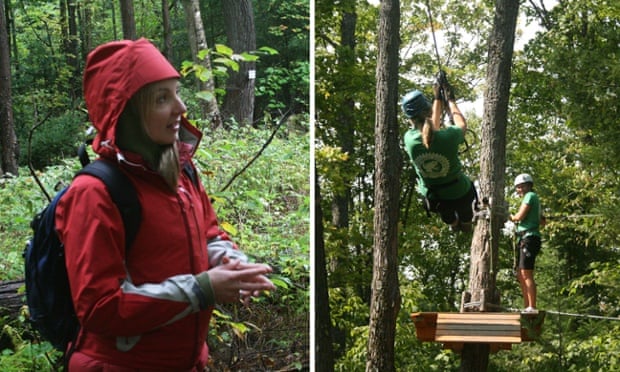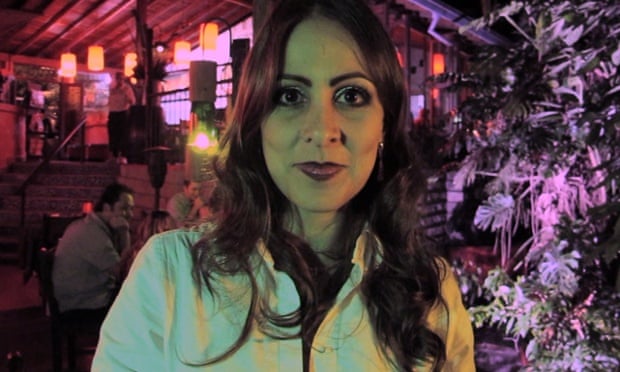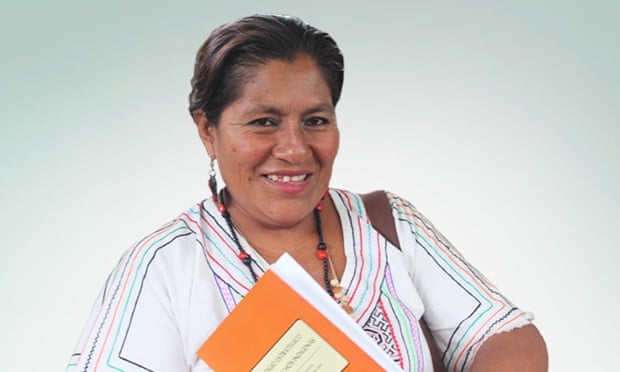Standing tall for trees: meet the women who are changing forestry
In honor of International Women’s Day, meet three women who are changing the face of forestry around the globe

Sure, women around the world have made great strides in the workplace – but many fields are still dominated by men, including one that is dear to our heart: forestry. In honor of International Women’s Day, join the Rainforest Alliance in celebrating three women, who are not only breaking down gender barriers, but also working to protect and conserve forests – sometimes risking their lives to do so.
Christine Korol, Toronto, Canada
“You do see a few women in the field here and there, but it’s really rare. It can be intimidating to be the only woman in the room – or in the field – but it’s also pretty amazing. When we go to do the audits we’re out in the bush, sometimes we literally go to the end of a road – it just ends there. I go to places [in Canada] that I’d never go to otherwise. Even if you were a crazy camper, you’d have no reason to go to these places. But I love being in the field. It’s touching when you go see a small private landowner and they’re so proud of their forests – they can practically tell you the story of every tree. And they are so passionate about managing their forests sustainably. We’ve worked with some of these people for 20 years and they’re still at it.”

“Ever since we began working with forestry operations, sustainability has been one of our principle goals, and it’s marvelous when we get clients who share that goal. Then we can join forces to ensure that everyone from managers to employees are immersed in sustainability. The employees take the concept of sustainability back to their families, and in that way we start to create a culture – not just a business culture but a local culture – that reinforces this idea through the social projects that we’ve established in different regions, where we’re also trying to reach children through the schools.”

Cachique fought a tortuous – and eventually, successful – three-year legal battle to defend the forests of Madre de Dios from the ravages of gold mining. Cachique’s life was continually threatened throughout her legal battle, but she persevered, undeterred.
“The miners not only destroyed the communal territory, but also brought an increase in bars and introduced child prostitution to the area. They were destroying trees because they didn’t live here. It wasn’t their home, and they didn’t care about the land the way we did. As leaders, we have to think about the future and our children. We can’t think about ourselves.”As part of that forward-thinking approach, Cachique has helped lead her community, along with five other indigenous groups in La Asociación Forestal Indigena de Madre de Dios (AFIMAD), to develop a sustainable forest management plan in collaboration with the Rainforest Alliance. The association has already conserved 76,000 acres (31,000 hectares)of land surrounding Madre de Dios (roughly three and a half times the size of the island of Manhattan in New York) through sustainable forest business development. By harvesting and processing non-timber products, such as Brazil nuts and palm fruit, the enterprises generate vital revenue that gives local communities the incentive to keep their forests intact.
http://www.theguardian.com/rainforest-alliance-partner-zone/2015/mar/09/women-gender-diversity-forestry-colombia-canada-peru
















